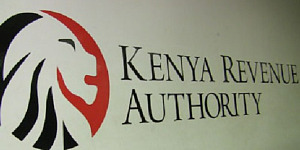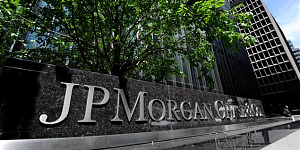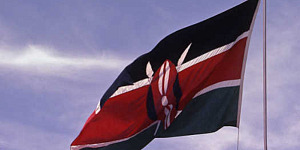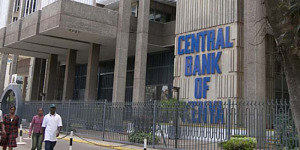Kenya's central bank lowered its benchmark interest rate for the second time in a row, saying there is room for "further accommodative monetary policy to support economic activity" as inflation expectations remain well anchored within the target range, the economy is continuing to operate below its potential level and fiscal policy is being tightened.
The Central Bank of Kenya (CBK) said the impact of its 50-basis-point rate cut in November last year - in the wake of the repeal of the cap on commercial banks' interest rates - was still being transmitted to the economy so there was room for another cut and lowered the Central Bank Rate (CBR) by 25 points to 8.25 percent.
Since CBK embarked on an easing cycle in May 2016, the rate has been cut by 325 basis points.
The central bank said the meeting of its monetary policy committee was "held against a backdrop of domestic macroeconomic stability, potential risks to food supply and increased global uncertainties" despite the positive impact on financial markets from progress in trade talks and Brexit, and the impact of accommodative monetary policy on growth in advanced economies.
Kenya's inflation rate rose for the fourth month in a row to 5.82 percent in December but CBK said it remains within its target range and the rise mainly reflects the temporary effect on higher food and transport costs during the festive season.
In the near term CBK expects inflation to remain within its target range due to lower prices of fast-growing food items following continuing rains and lower electricity prices.
CBK targets inflation of 5.0 percent, plus/minus 2.50 percentage points.
Kenya's economy continued to slow last year with gross domestic product expanding an annual 5.1 percent in the third quarter, the slowest growth rate since the third quarter of 2017.
But CBK expects growth to pick up in 2020 due to a recovery of the agricultural sector, robust private sector growth, continued implementation of the Big 4 agenda and a stable macroeconomic environment.
Private sector credit grew 7.1 percent in the 12 months to December, with growth to micro, small and medium-sized enterprises (MSMEs) see growing due to the deployment of credit products, the repeal of the interest rate cap and easing credit risks.
Kenya's shilling has firmed in recent months and was trading at 100.9 to the U.S. dollar today, up 0.5 percent since the start of this year.







































